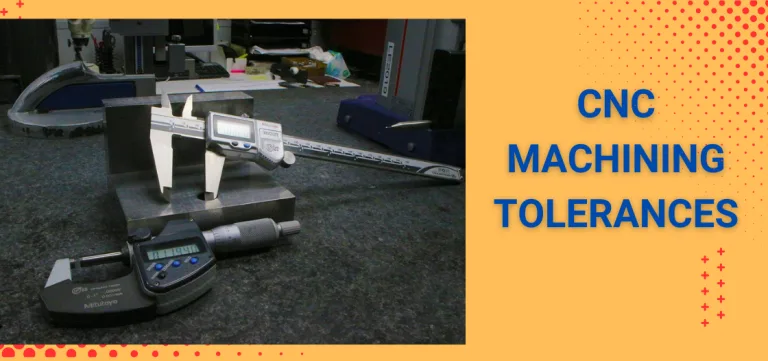What Are the Differences Between Misdemeanor and Felony Charges?
Facing criminal charges is always serious, but the stakes can vary greatly depending on whether the charge is classified as a misdemeanor or a felony. These categories may sound straightforward, but the differences between them carry major implications for penalties, long-term consequences, and your future.
One of the most important steps you can take if you’re facing either type of charge is hiring a criminal defense attorney. Even a “minor” misdemeanor can affect your record, career opportunities, and personal life. An experienced criminal defense lawyer can explain what’s at stake, protect your rights, and help you pursue the best possible outcome, given your circumstances.
Why Hiring a Criminal Defense Attorney Matters Early
It’s easy to underestimate misdemeanor charges because they’re often described as less serious than felonies. But a conviction, whether for a misdemeanor or felony, can result in fines, probation, jail time, and a permanent criminal record.
A criminal defense attorney can review the details of your case and identify possible defenses, negotiate with prosecutors to reduce charges or penalties, protect you from making mistakes during questioning or court proceedings, and represent you in trial if necessary.
The earlier you involve an attorney, the more options you may have, as waiting until court dates are already set or deadlines are missed can limit your defense strategy. Whether you’re facing a misdemeanor shoplifting charge or a serious felony like burglary, having an attorney ensures you’re not navigating the system alone – and that your rights will be protected along the way.
Defining Misdemeanors
Misdemeanors are criminal offenses considered less severe than felonies. While definitions vary from state to state, misdemeanors generally carry lighter penalties. Common examples include petty theft, disorderly conduct, vandalism, public intoxication, or simple assault.
The potential consequences for misdemeanors typically include fines that may range from a few hundred to a few thousand dollars, probation instead of jail time, depending on the circumstances, community service requirements, or even jail sentences, usually served in a local or county facility, often less than one year.
Although the penalties are lighter compared to felonies, misdemeanors should never be dismissed as “harmless.” A conviction still creates a criminal record, which employers, landlords, and licensing boards may review. In some cases, repeat misdemeanors can lead to harsher penalties and even elevate a charge to felony status.
Defining Felonies
Felonies represent the most serious category of crimes. These include offenses such as burglary, arson, aggravated assault, drug trafficking, and homicide. Because of their severity, felony convictions carry harsher penalties and longer-term consequences.
Common penalties for felonies include prison sentences of one year or longer, often served in state or federal facilities, larger fines, which can run into tens of thousands of dollars, restitution payments to victims, and long-term probation or parole requirements.
Beyond the immediate penalties, felony convictions can also restrict civil rights. In many states, a felony conviction can result in the loss of voting rights, the right to possess firearms, and restrictions on holding certain professional licenses.
Key Differences Between Misdemeanors and Felonies
While both misdemeanors and felonies are criminal charges, their differences shape the legal process and the impact on your life:
- Severity of offense. Felonies are considered more serious crimes with greater harm or risk to people and property.
- Length of sentence. Misdemeanor jail time is capped at less than a year, while felony sentences can last years or even decades.
- Place of incarceration. Misdemeanor sentences are usually served in county jails, while felony sentences are served in state or federal prisons.
- Long-term impact. Felonies often come with long-lasting consequences that extend well beyond the sentence, including barriers to employment, housing, and civil rights.
Why Classification Matters for Your Future
The classification of your charge influences everything from how your case is handled in court to the type of plea deals available. For misdemeanors, alternative sentencing options like probation or diversion programs may be possible. For felonies, plea bargaining can sometimes reduce the charge to a misdemeanor, dramatically lowering the potential penalties.
This is another area where having a defense attorney is critical; they can negotiate for reduced charges, explore eligibility for diversion programs, or fight to have evidence suppressed if your rights were violated.
Felonies and Misdemeanors: The Big Picture
The differences between misdemeanors and felonies are significant, but both should be taken seriously, especially if you’ve been accused of committing one. A misdemeanor conviction can create obstacles for years to come, while a felony conviction can reshape the course of your life entirely.
No matter which type of charge you’re facing, a criminal defense attorney can guide you through the process, protect your rights, and work to minimize the impact on your future. Understanding the stakes is the first step – and having professional help is the next.




